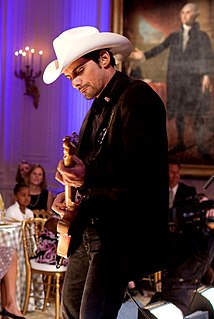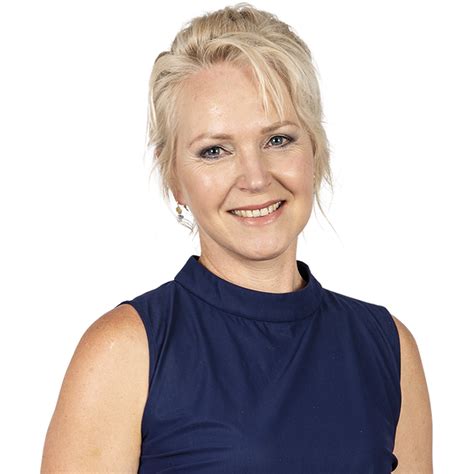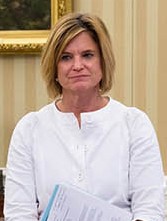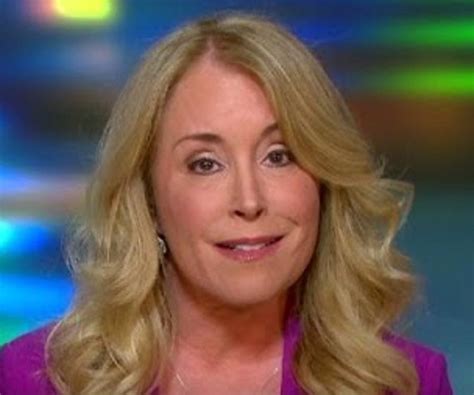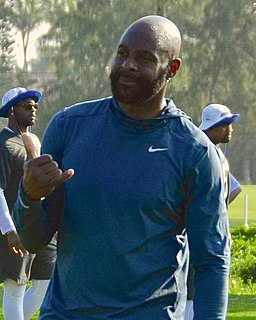A Quote by Ella Baker
I believe, the NAACP began to try to organize parents of Negro children to file petitions with the boards of education regarding the integration of the school system. You had some very severe economic reprisals against people in Mississippi and in South Carolina. So, in order to try to help to meet some of the physical needs and the economic needs of people in Clarendon County [SC] who had been displaced from the land, and otherwise, and in certain sections of Mississippi, we organized in New York City something called "In Friendship".
Quote Topics
Against
Been
Began
Believe
Boards
Carolina
Certain
Children
City
County
Displaced
Economic
Education
File
Friendship
Had
Help
I Believe
Integration
Land
Meet
Mississippi
NAACP
Needs
New
New York
New York City
Order
Organize
Organized
Otherwise
Parents
People
Petitions
Physical
Regarding
School
School System
Sections
Severe
Some
Something
South
South Carolina
System
Try
Very
York
Related Quotes
My father came from Germany. My mom came from Venezuela. My father's culturally German, but his father was Japanese. I was raised in New York and spent two years in Rio. My parents met at the University of Southern Mississippi, and they had me there, and then we moved to New York. I'm not very familiar with Mississippi.
Parents who are stressed or disturbed will have more difficulty in meeting their children's needs. Parents who have little support--from friends, relatives, neighbors, or the community--are more likely to be overburdened by the demands of their babies and to be unable to respond to them adequately. Parents who experience severe poverty or economic insecurity, who cannot satisfy their own basic needs, are likely to have difficulty in responding to their children's needs.
I do remember, one time, a man came to me after the students began to work in Mississippi and he said the white people were getting tired and they were getting tense and anything might happen. Well, I asked him "how long he thinks we had been getting tired"? I have been tired for 46 years and my parents was tired before me and their parents were tired, and I have always wanted to do something that would help some of the things I would see going on among Negroes that I didn't like and I don't like now.
In 1998, Vanity Fair asked me to write a big piece for them on the 50th anniversary of the New York City Ballet. My life, to a great extent, had been spent at and with the New York City Ballet, and I decided to try it. It was very scary, writing about something I loved so much and had such strong opinions about.
Liberals believe that crime is inextricably linked with poverty. In reality, most poor people never resort to crime, and some wealthy people commit evil acts to enrich themselves further. Harlem, East Los Angeles, the South side of Chicago are not the poorest communities in the United States. According to a new U.S. Bureau of the Census report, the poorest communities are Shannon County, South Dakota, followed by Starr, Texas, and Tunica, Mississippi. Have you ever heard of these residents rioting to protest their living conditions?
There is an alternative to terror. It is called, in the political order, democracy. In the economic order, it is called the dynamic enterprise economy. (...) It empowers poor people from the bottom up. (...) A dynamic economic sector is the poor's best hope of escaping the prison of poverty. It is the only system so far known to human beings to take poor people and make them, quite soon, middle class, and some of them even (horrors!) rich.
I'm not cutting services. But I'm cutting spending. But I may cut Department of Education. I believe common core is a very bad thing. I believe that we should be lo - you know, educating our children from Iowa, from New Hampshire, from South Carolina, from California, from New York. I think that it should be local education.
The system of technological production that we have today has been justified in terms of creating more goods to feed more people and to meet more needs. But it actually destroys more of the resources that we need in order to meet those multiple needs. If we shift to an ecological perception, a diversity perception, we realize that some of the instruments of which we are very proud are actually extremely primitive for dealing with nature. To me that is the great lesson of ecological awareness at the turn of the millennium.
Back when we was in school in Mississippi, we had Little Black Sambo. That's what you learned: Anytime something was not good, or anytime something was bad in some kinda way, it had to be called black. Like, you had Black Monday, Black Friday, black sheep... Of course, everything else, all the good stuff, is white. White Christmas and such.
At uni I met a lot of people I had nothing in common with. Some were very clever, some very rich, some very sporty. Some of them became my best friends, but not at first. Having things in common isn't always the best start to a friendship. I'd stick with it! Also, try to chat to people when they're on their own. So many people feel they need to perform in big groups.
Coming from the South, I just felt you had to work just a little bit harder. It was not going to be handed to you. I’d get the letters from all the major schools but no one came out to talk to me face to face until this small, dominant black school, Mississippi State Valley University sent a coach out to me. I had a chance to talk to him and he said, ‘Hey Jerry, we’re going to be doing some great things at Mississippi Valley State University and we would love to have you there.’


